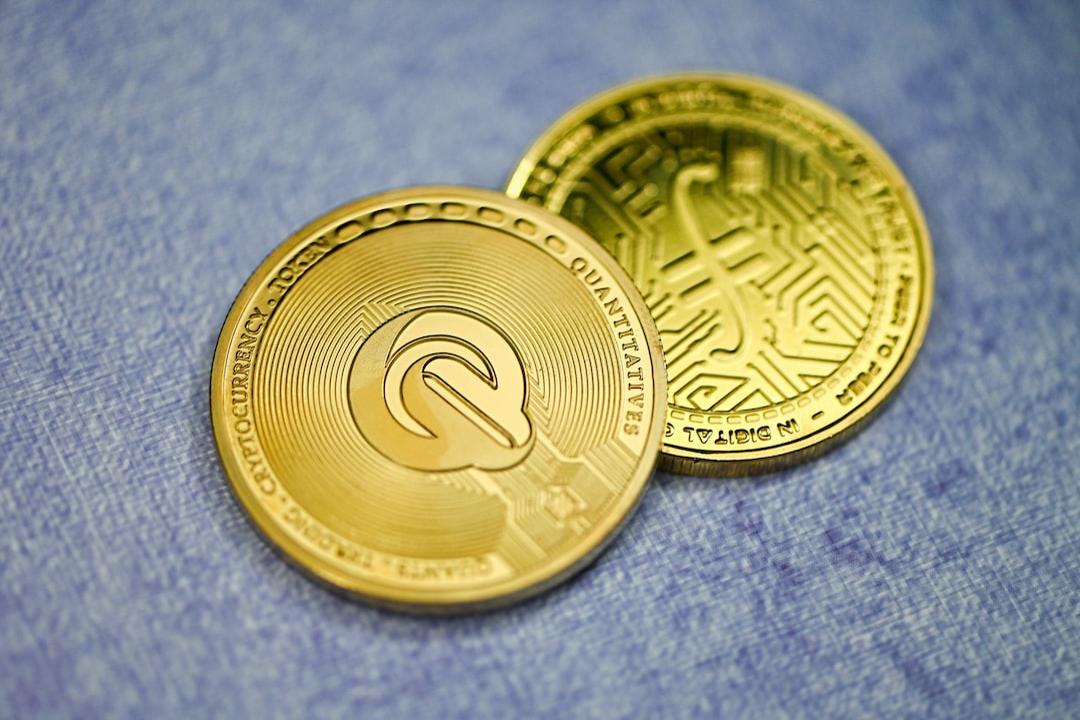Google has expanded its functionality to allow users to search for wallet balances across multiple blockchains, including Bitcoin, Arbitrum, Avalanche, Optimism, Polygon, and Fantom. By entering the wallet address, users can see the token balance by network and the time of the last update.
Users can search for Bitcoin addresses in three formats – P2PKH, P2SH, and Bech32 – and view their current balances and recent transactions.
This integration of Bitcoin data into search results enhances Google’s accessibility to on-chain activity, leveraging its extensive daily search volume.
While some view Google’s new feature as a step toward mainstream adoption, Bitcoin supporters who prioritize privacy have expressed concerns about centralized data aggregation and its impact on privacy.
(Image: An example of a Google Bitcoin wallet search. Source: Google)
Google’s latest feature follows its introduction of Ethereum Name Service (ENS) domain search results, which allows users to check wallet balances using readable domain names like “vitalik.eth” for Ethereum wallet addresses.
This expansion by Google builds upon its initial introduction of Ethereum wallet balance searches in May 2023. In 2022, Google incorporated a crypto feature that enabled some Ethereum wallet addresses to have their Ether (ETH) balances tracked by the Google search engine, eliminating the need to visit Etherscan.
Related:
– Amazon becomes a minority stakeholder in Anthropic AI, a rival of ChatGPT
The inclusion of wallet searches signifies a shift in Google’s approach. In 2018, Google banned Bitcoin-related advertisements but recently reversed its position, allowing advertisements for spot Bitcoin (BTC) exchange-traded funds (ETFs) after their approval in the United States in January. Search results now display ETF products from prominent asset managers like BlackRock.
In October 2022, Google partnered with Coinbase to enable its customers to pay for cloud services using cryptocurrencies.
The tech company also celebrated the Ethereum Merge event in 2022, which marked Ethereum’s transition from proof-of-work (PoW) to proof-of-stake (PoS), by featuring animated pandas moving in unison.
In 2023, Google Cloud collaborated with Web3 startup Orderly Network to develop user-centric developer tools for decentralized finance (DeFi), aiming to lower the entry barriers and address security challenges that have long plagued the DeFi ecosystem.
Magazine:
– Doctor Who ventures into Web3 – Tony Pearce’s journey through time and space

